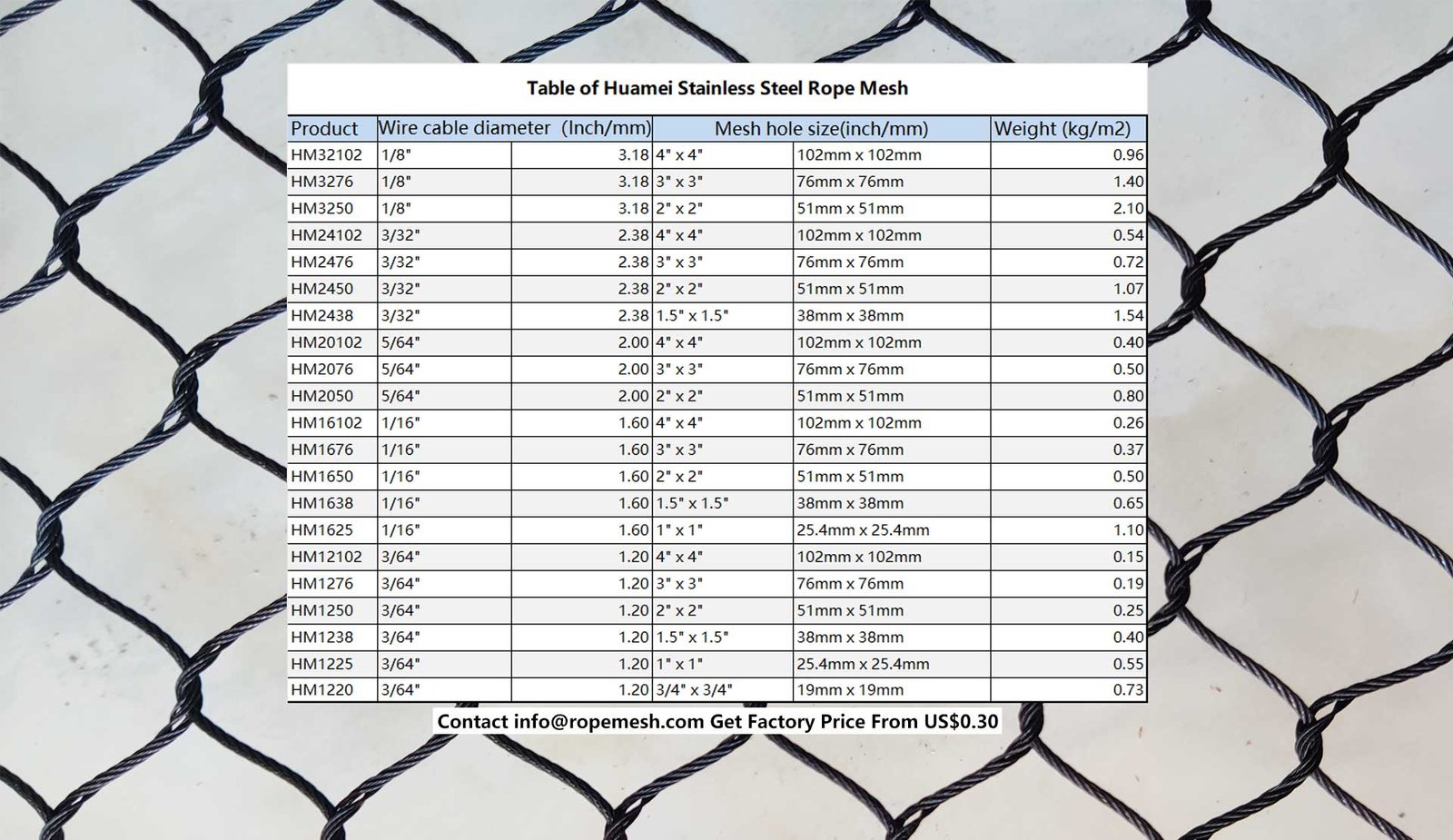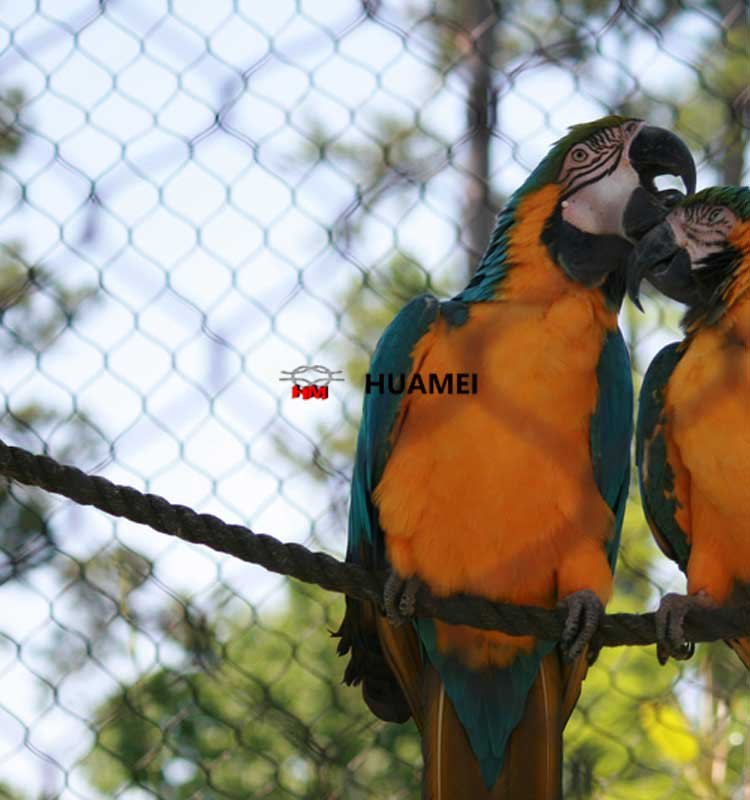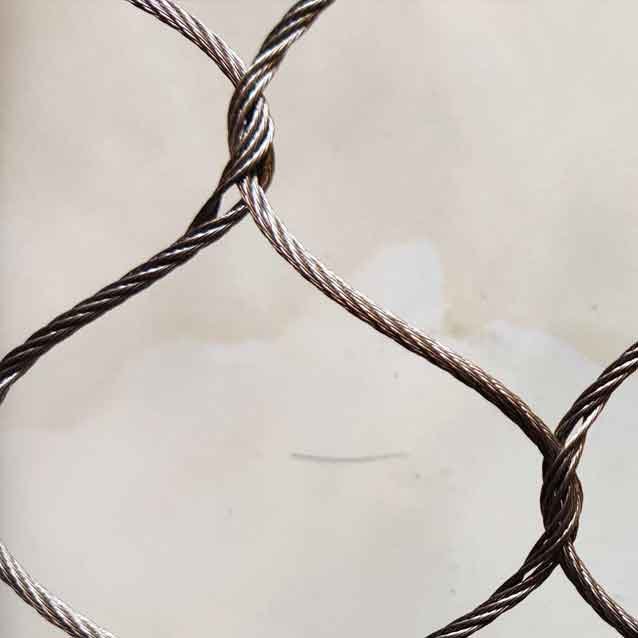Introduction to Outdoor Macaw Aviaries
Outdoor macaw aviaries serve as essential habitats designed to cater specifically to the needs of these vibrant and intelligent birds. Macaws are known for their striking plumage and social behaviors, making them not just fascinating pets but also creatures that require ample space to thrive. An appropriately built aviary provides a safe environment where these majestic birds can engage in their natural behaviors, promoting both physical and mental well-being.
The importance of space in an outdoor macaw aviary cannot be overstated. Macaws are large birds with high energy levels. They require sufficient room not only to fly but also to exercise and explore. An aviary that accommodates their size and activity level enables them to stretch their wings fully, fostering agility and muscle development. Additionally, well-designed aviaries provide climbing structures and perches at various heights, ensuring that macaws have opportunities for exercise and play.
Another significant aspect of outdoor macaw aviaries is the social interaction they afford. Macaws are inherently social animals, thriving in communities where they communicate and bond with others. An outdoor aviary allows them to interact with their human caretakers as well as with other macaws, should they be housed together. This social engagement is crucial for their emotional health, as isolation can lead to behavioral issues and stress. Furthermore, exposure to natural elements and fresh air enhances their overall quality of life.
In summary, outdoor macaw aviaries not only fulfill the spatial and social needs of these magnificent birds but also contribute to their overall well-being. By providing an environment that mimics their natural habitat, owners can ensure that their macaws lead enriched and fulfilling lives.


